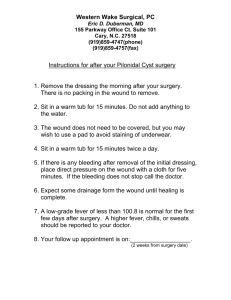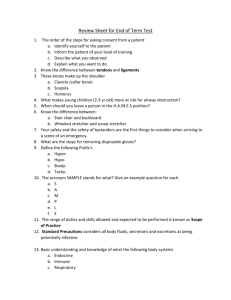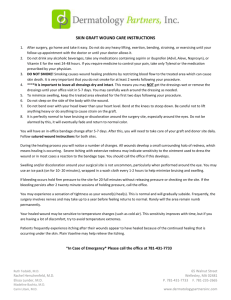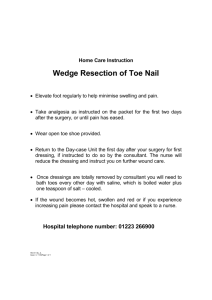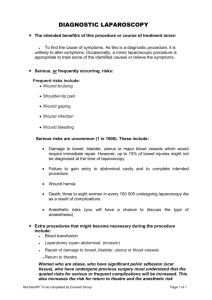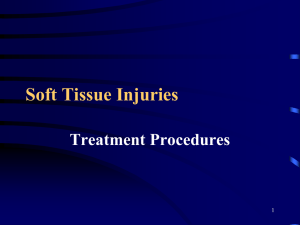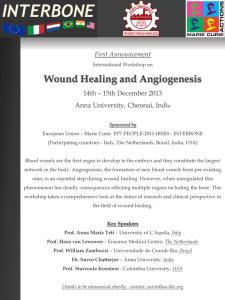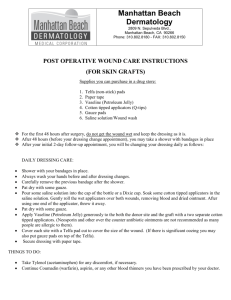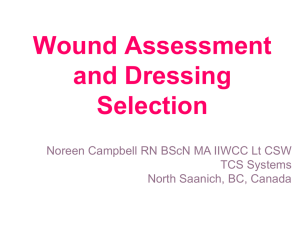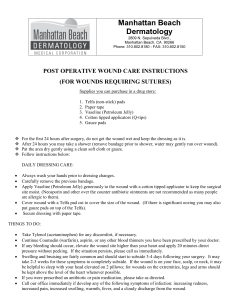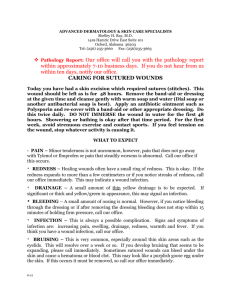Comments on the Post-Operative Period:
advertisement
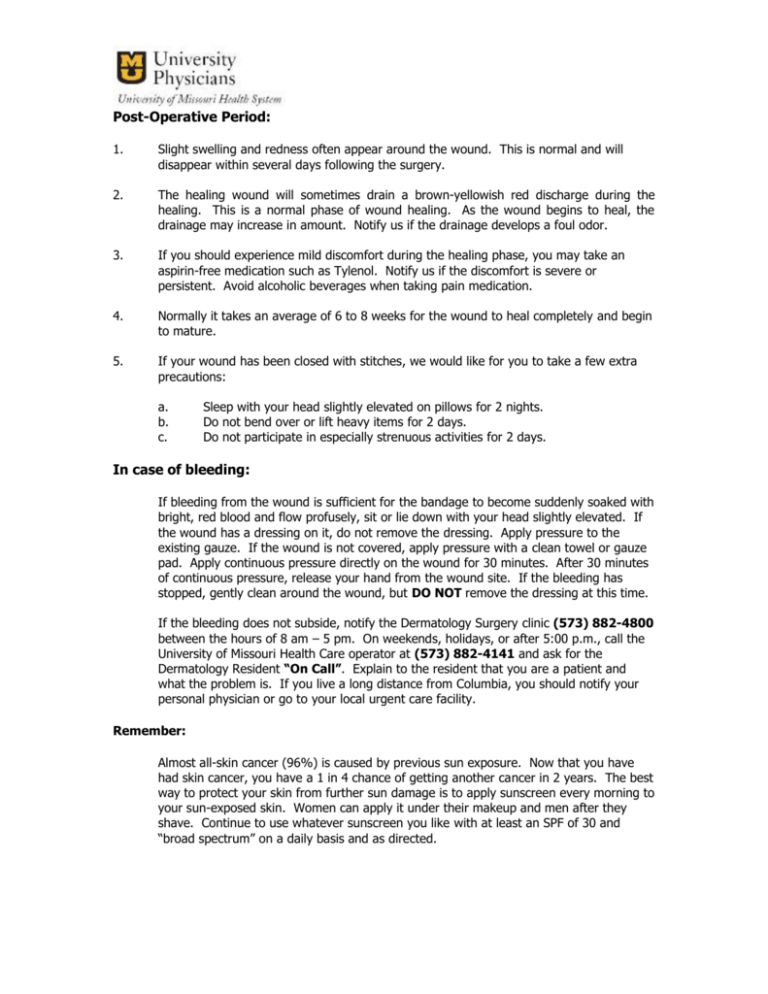
Post-Operative Period: 1. Slight swelling and redness often appear around the wound. This is normal and will disappear within several days following the surgery. 2. The healing wound will sometimes drain a brown-yellowish red discharge during the healing. This is a normal phase of wound healing. As the wound begins to heal, the drainage may increase in amount. Notify us if the drainage develops a foul odor. 3. If you should experience mild discomfort during the healing phase, you may take an aspirin-free medication such as Tylenol. Notify us if the discomfort is severe or persistent. Avoid alcoholic beverages when taking pain medication. 4. Normally it takes an average of 6 to 8 weeks for the wound to heal completely and begin to mature. 5. If your wound has been closed with stitches, we would like for you to take a few extra precautions: a. b. c. Sleep with your head slightly elevated on pillows for 2 nights. Do not bend over or lift heavy items for 2 days. Do not participate in especially strenuous activities for 2 days. In case of bleeding: If bleeding from the wound is sufficient for the bandage to become suddenly soaked with bright, red blood and flow profusely, sit or lie down with your head slightly elevated. If the wound has a dressing on it, do not remove the dressing. Apply pressure to the existing gauze. If the wound is not covered, apply pressure with a clean towel or gauze pad. Apply continuous pressure directly on the wound for 30 minutes. After 30 minutes of continuous pressure, release your hand from the wound site. If the bleeding has stopped, gently clean around the wound, but DO NOT remove the dressing at this time. If the bleeding does not subside, notify the Dermatology Surgery clinic (573) 882-4800 between the hours of 8 am – 5 pm. On weekends, holidays, or after 5:00 p.m., call the University of Missouri Health Care operator at (573) 882-4141 and ask for the Dermatology Resident “On Call”. Explain to the resident that you are a patient and what the problem is. If you live a long distance from Columbia, you should notify your personal physician or go to your local urgent care facility. Remember: Almost all-skin cancer (96%) is caused by previous sun exposure. Now that you have had skin cancer, you have a 1 in 4 chance of getting another cancer in 2 years. The best way to protect your skin from further sun damage is to apply sunscreen every morning to your sun-exposed skin. Women can apply it under their makeup and men after they shave. Continue to use whatever sunscreen you like with at least an SPF of 30 and “broad spectrum” on a daily basis and as directed.
